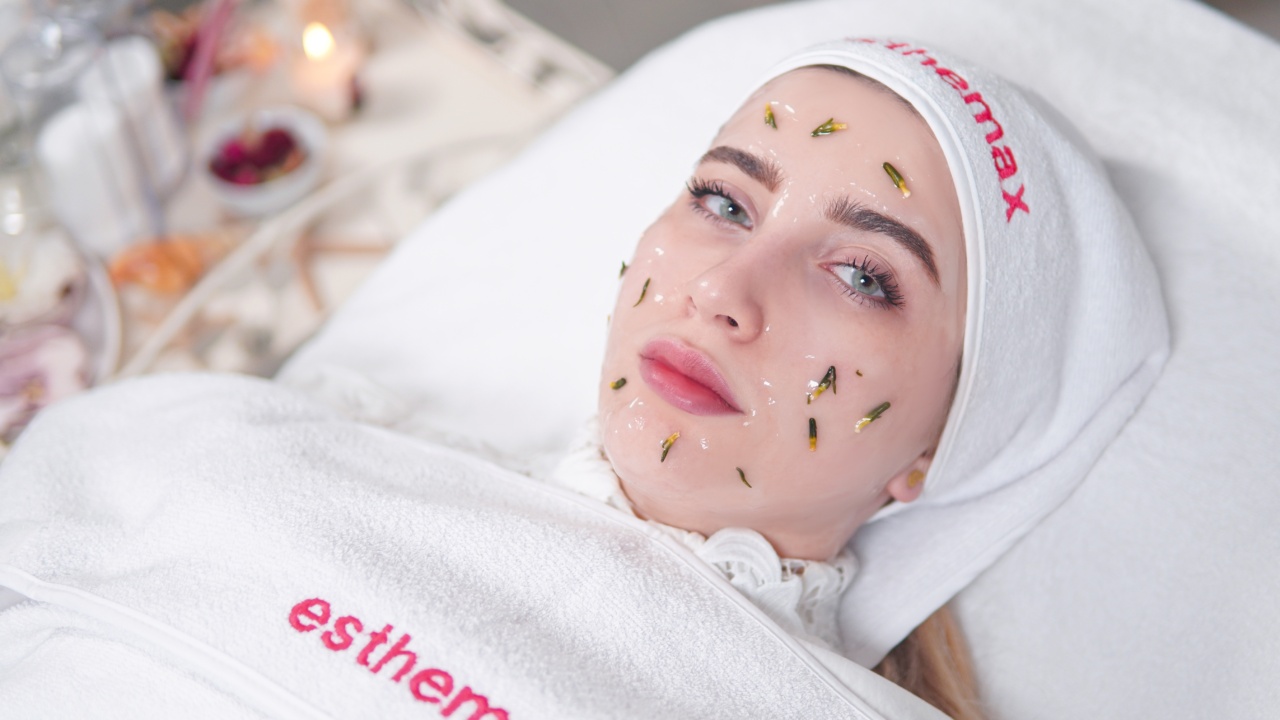Acne is one of the most common skin conditions affecting millions of people around the world. While it can occur on any part of your body, it’s most commonly found on the face.
Acne can appear as blackheads, whiteheads, pimples, or cysts, which can be painful and unsightly.
What Causes Acne?
Acne is caused by various factors that include:.
Hormonal Changes
Hormonal changes during puberty can trigger the onset of acne. The increase in androgen levels causes the sebaceous glands to grow larger and produce more sebum, which can clog the hair follicles.
Hormonal changes can also occur in women during pregnancy, premenstrual periods, and menopause.
Genetics
Acne can run in families. If your parents had acne, it’s more likely that you’ll develop it too. Genetics can also determine the severity of acne and how long it lasts.
Bacteria
The Propionibacterium acnes bacteria that naturally live on your skin can multiply rapidly and cause infection.
When this happens, your immune system responds by sending white blood cells to the infected area, resulting in inflammation and the formation of a pimple.
Environmental Factors
Some environmental factors can make acne worse. For example, exposure to pollution, humidity, or excessive sweating can increase sebum production and clog pores. Pressure from things like tight clothing or backpacks can also cause acne.
Diet
While a healthy diet won’t necessarily prevent acne, certain types of food can make it worse. Dairy, high-glycemic-index foods, and foods with a high level of refined sugar can trigger inflammation and increase sebum production.
How to Treat Acne
There are many treatments available for acne, from over-the-counter products to prescription medications. Here are some of the most effective:.
Topical Treatments
Topical treatments are applied directly to your skin and include ingredients like benzoyl peroxide, salicylic acid, and retinoids. They work by reducing inflammation, killing bacteria, unclogging pores, and speeding up skin cell turnover.
Oral Medications
If your acne is severe, your dermatologist may prescribe oral medications like antibiotics, isotretinoin, or hormone therapy. These medications can help to reduce inflammation and kill bacteria.
Isotretinoin is a powerful drug that must be used with caution due to its severe side effects.
Chemical Peels
Chemical peels involve applying a chemical solution to your skin to exfoliate the outer layer of dead skin cells. This process can help to reduce acne scars, unclog pores, and improve texture.
Laser and Light Therapy
Laser and light therapies use intense pulse light or lasers to target and destroy the bacteria that cause acne. They can also reduce inflammation and promote healing. These treatments are often used in combination with other treatments.
Lifestyle Changes
Making some lifestyle changes can also help to prevent and treat acne. These include:.
- Eating a healthy diet that’s low in refined sugars and high in whole foods
- Keeping your skin clean by washing it twice a day with a gentle cleanser and warm water
- Avoiding touching your face or picking at pimples
- Managing stress through exercise, yoga, or meditation
- Avoiding oily or greasy hair products that can clog pores
- Wearing loose clothing and avoiding tight clothing or backpacks
Conclusion
Acne is a common skin condition that can be frustrating to deal with. By understanding the causes and treatments, you can take control of your skin and reduce the appearance of facial spots.
Whether you choose to use topical treatments, oral medications, chemical peels, or laser and light therapy, always consult with your dermatologist to find the right treatment for your skin.





























